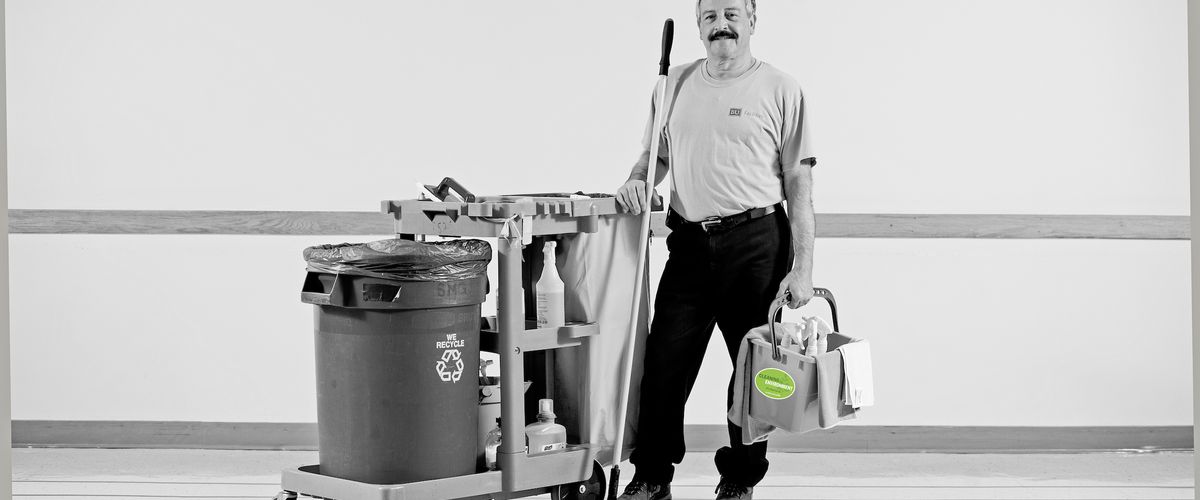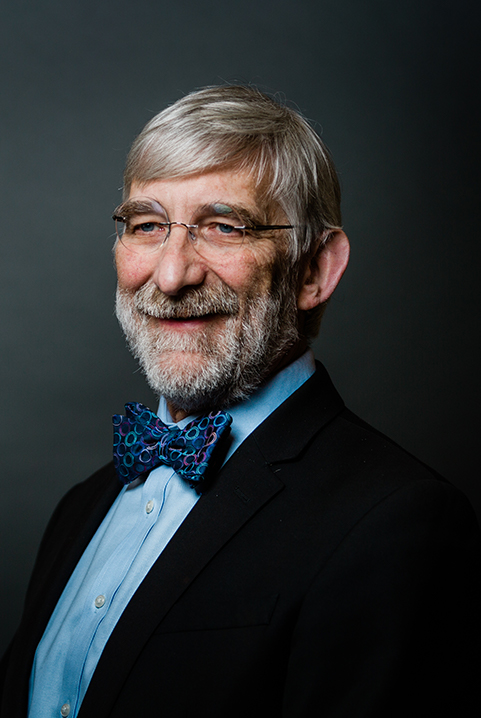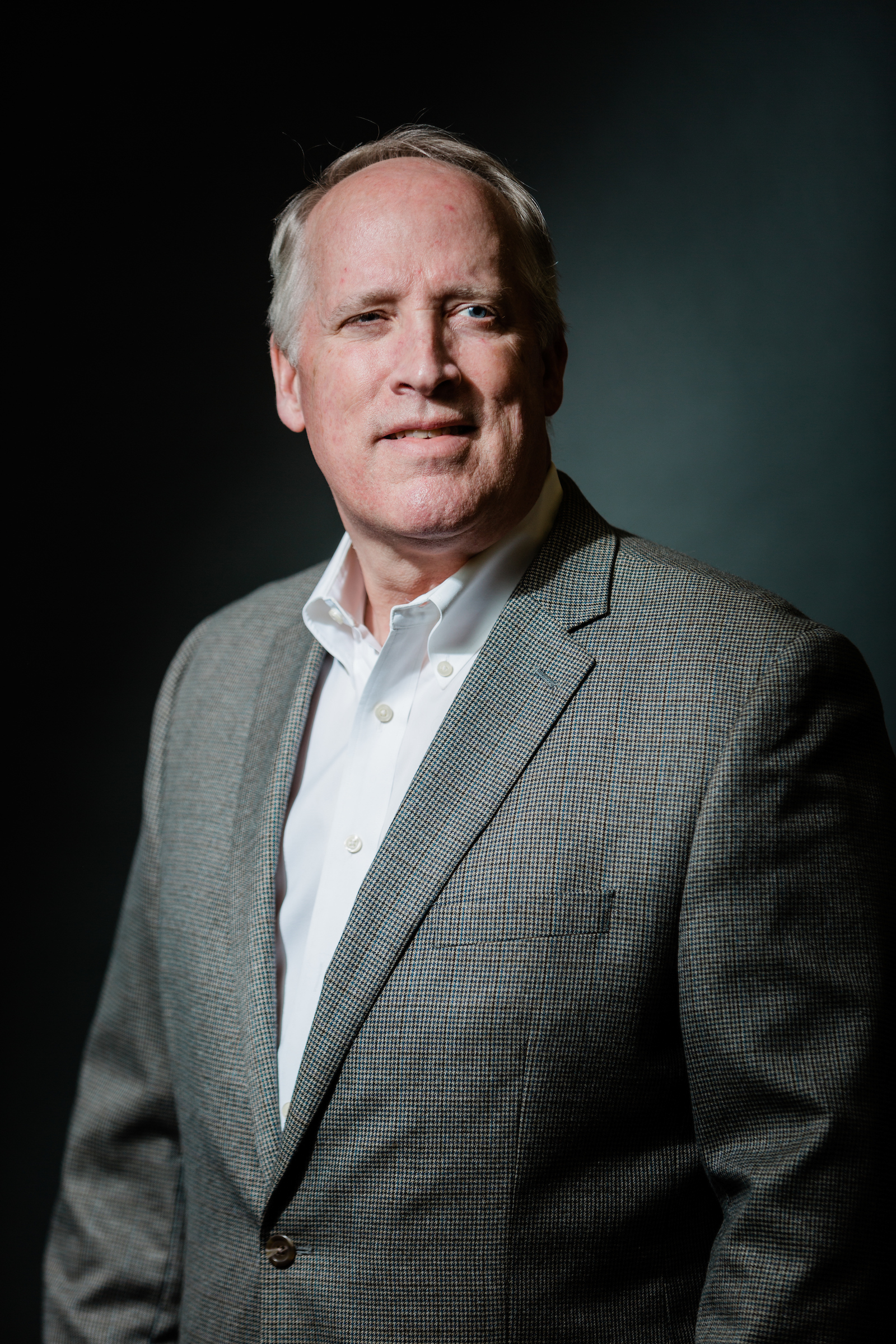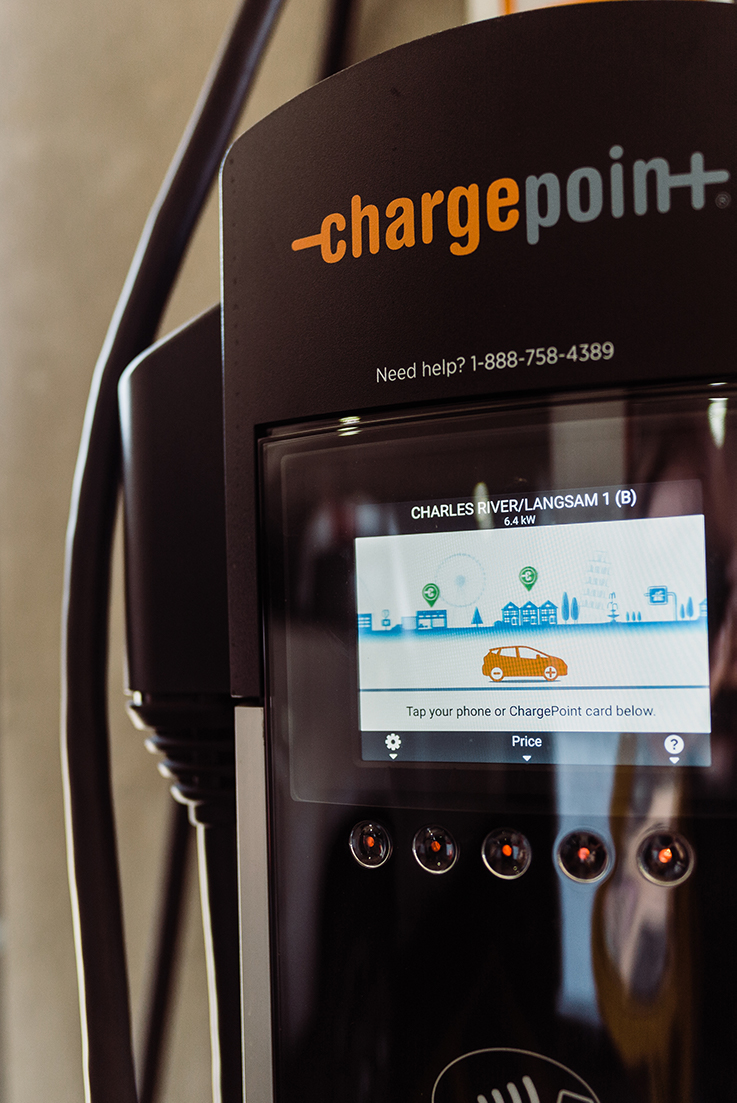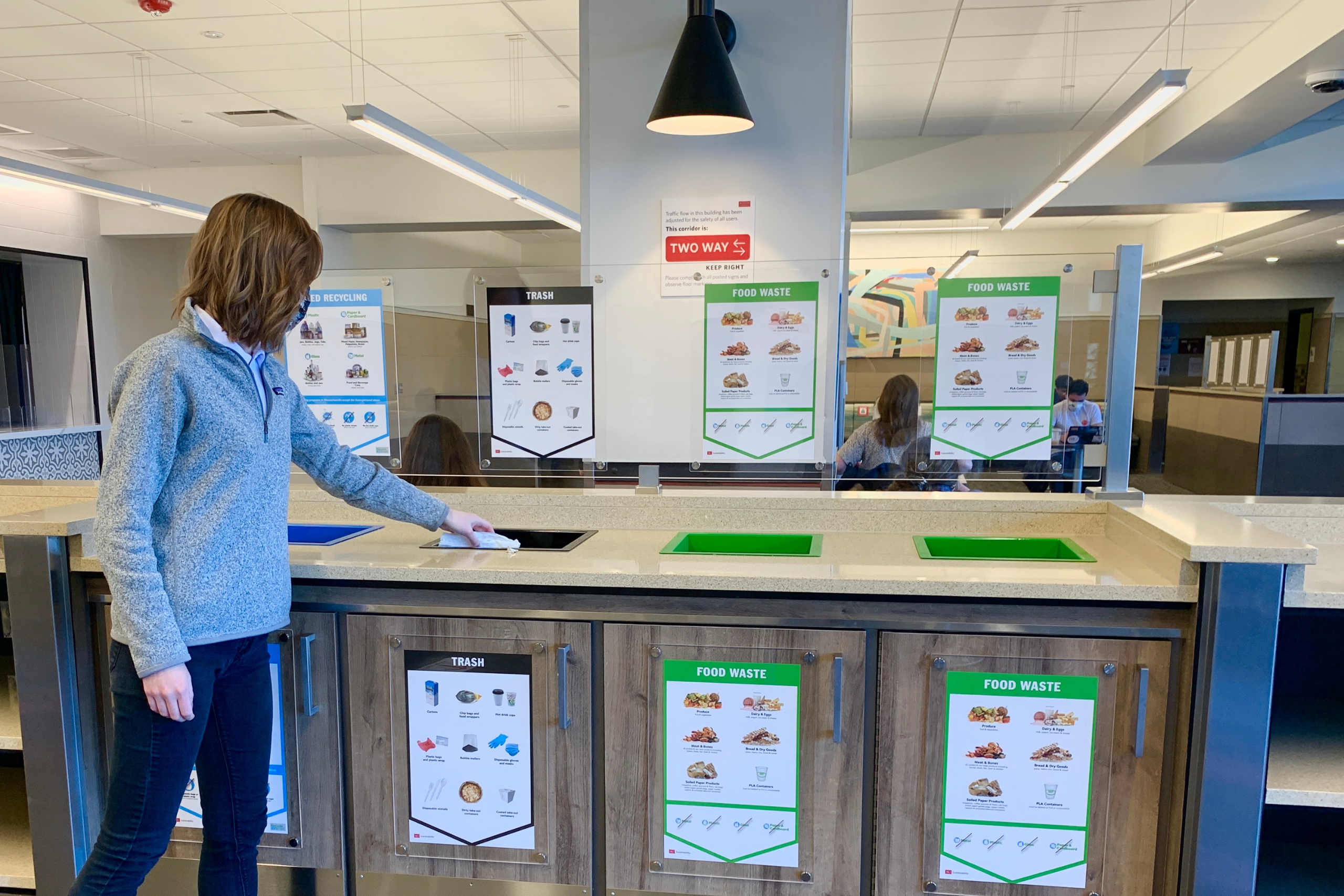Indoor environments impact human and environmental health, learning outcomes, and productivity. Based on extensive industry research, Boston University has identified the best tools, products, and practices that protect human health and the environment. The University’s program adheres to LEED (Leadership in Energy & Environmental Design) standards established by the US Green Building Council.
Program Highlights
- Sustainable Purchasing: Our purchasing policy aligns with the US Environmental Protection Agency’s Environmentally Preferable Purchasing Policy to protect human health and reduce the environmental impact of materials used in the operations and maintenance of buildings.
- High-performance Cleaning Program: We follow guidelines to ensure the program includes appropriate staffing plan and workload management; training of maintenance personnel; and mandates the use of sustainable cleaning products, equipment, and material.
- Custodial Effectiveness Assessment: BU implements, manages, and audits in accordance with APPA Leadership in Educational Facilities’ and Custodial Staffing Guidelines to determine appearance level of the facility as well as managing its workload through CAMMS software.
- Sustainable Cleaning Products and Materials: The University purchases only the Carpet and Rug Institute Sustainable Label, Green Seal– and EcoLogo–certified cleaning products, and Forest Stewardship Council–certified paper products. In addition, microfiber technology is used for mops and dust rags as they are more efficient, require less water, and last longer.
- Sustainable Cleaning Equipment: All equipment used will limit or eliminate the use of hazardous materials, improve indoor air quality, minimize environmental impact, and allow for the healthy reuse of space and materials.
- Indoor Chemical Pollutant and Source Control: BU employs permanent entryway systems to capture dirt and particulates entering the building at all public entry points; and develops the associated cleaning strategies to maintain entryway systems and exterior walkways.
- Hand Hygiene: BU promotes hand washing for all building occupants and provides alcohol-based waterless hand sanitizers in public areas. Over 500 free-standing hand sanitizing stations are located at building and dining entries, lobbies, and other high traffic locations. Over 4,000 foam hand wash dispensers are located in restrooms throughout campus.
- Staff Training: BU provides training for maintenance personnel appropriate to the needs of each facility to address the hazards of use, disposal and recycling of cleaning chemicals, dispensing equipment, and packaging.
- Continuous Improvement: The University supports the capability for building occupants and custodians to provide feedback on maintenance effectiveness and assess new sustainable cleaning technologies, procedures, and processes to assure continuous improvement.
Program Benefits
- Improved regional air quality and human health
- Reduced operating costs and increased water and energy savings through reduced material consumption and packaging waste
- Reduced waterborne and solid waste by minimizing hazardous materials entering the waste stream (lead, mercury, chromium, cadmium, beryllium)
- Increased market support for recycled materials
Background
The University began its Sustainable Cleaning Program in the 1990s to address concerns for worker safety and the desire to increase efficiencies. A major step was the installation of cleaning command centers to better manage chemical use, minimize packaging waste, reduce the University’s carbon footprint, lower the chances of chemical-related injuries, and meet the cleanliness goals of the University. The program has evolved over time as safer effective cleaning products have become available.
BU has enhanced its Sustainable Cleaning Program with a pilot that began with the opening of the Yawkey Center for Student Services in September 2012. The success of this program led the University to roll out the program out across campus.
